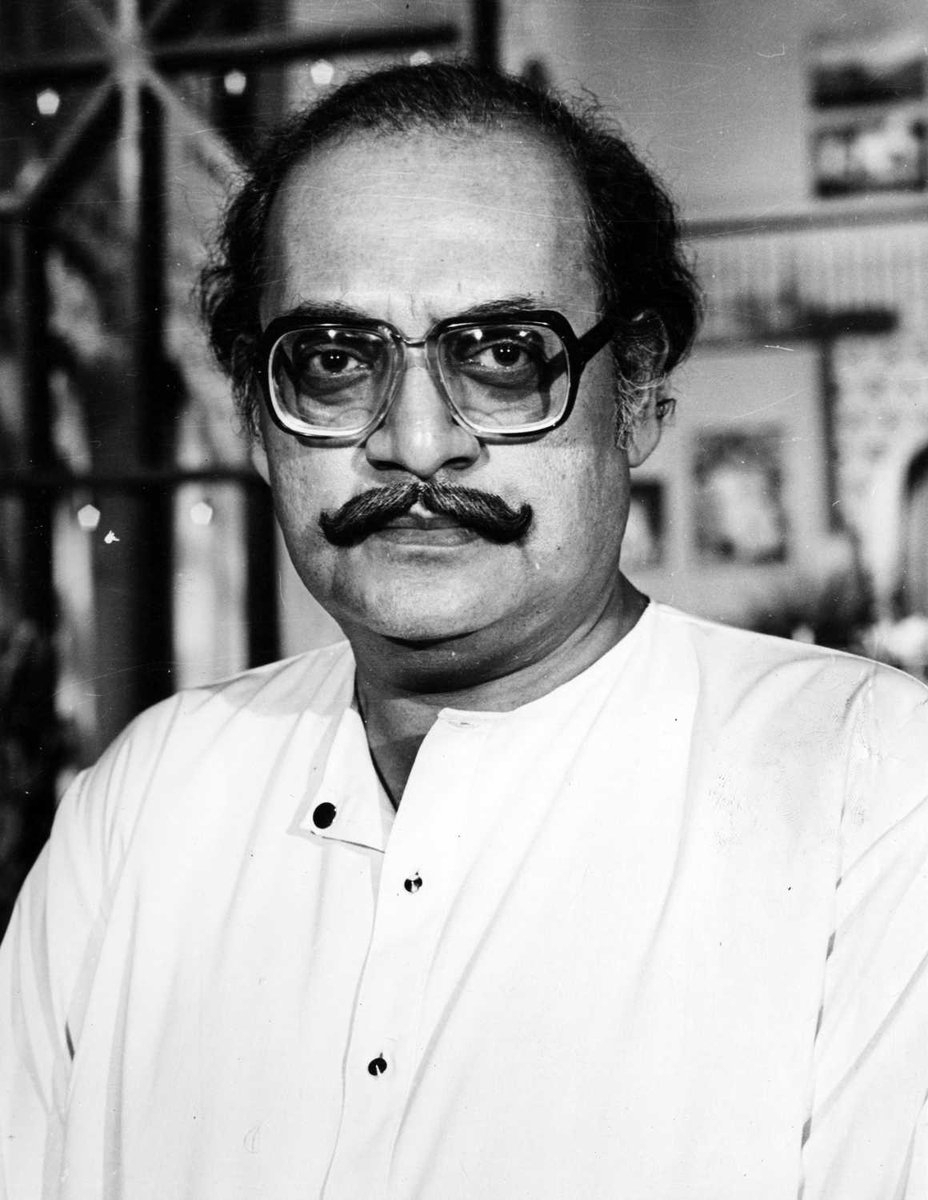Utpal Dutt: A Pioneer in Bengali Art, Literature, and Theatre
Utpal Dutt, a luminary in the realms of cinema, art, literature, culture, and theatre, left an indelible mark on the world with his multifaceted talents. Born on March 29, 1929, in Barisal, British India (now Bangladesh), Dutt's journey through the world of creativity was nothing short of remarkable. Throughout his career, he displayed an unwavering dedication to his craft, and his works continue to influence generations of artists. Here we will explore the significant contributions of Utpal Dutt and the profound influence of William Shakespeare in his creations, particularly in the Indian context.
Utpal Dutt's artistic journey commenced with his involvement in theatre during his college days at St. Xavier's College, Kolkata. He showed early promise as an actor and playwright, laying the foundation for his illustrious career. His initial exposure to the works of William Shakespeare ignited a lifelong fascination with the Bard's creations.
Shakespeare's impact on Utpal Dutt's work is undeniable. Dutt masterfully adapted Shakespearean themes and techniques into the Indian cultural context, creating a unique blend of classic and contemporary storytelling. His magnum opus, "Megh," an adaptation of Shakespeare's "Macbeth," stands as a testament to this fusion of cultures. In "Megh," Dutt skillfully transposed the themes of ambition, power, and moral conflict onto the Indian stage, showcasing his deep understanding of both Shakespearean drama and Indian society.
Utpal Dutt's contributions to Indian theatre are immeasurable. He founded "Little Theatre Group" in Kolkata, which became a crucible for nurturing budding talents and staging thought-provoking plays. His iconic role as "Bhombol" in the play "Ferari Fauj" made him a household name, and his performances were characterized by their impeccable timing and emotional depth. Dutt's ability to tackle social issues through theatre was groundbreaking, and his plays such as "Kallol" and "Tiner Talwar" exemplify his commitment to social commentary.
Dutt's artistic versatility extended beyond the theatre. He made a significant impact in the world of Indian cinema, both as an actor and a director. His directorial debut, "Michael Madhusudan," showcased his keen sense of storytelling. He continued to act in films such as "Ganashatru" directed by Satyajit Ray, solidifying his status as a cinematic icon.
Utpal Dutt's legacy endures through the continued appreciation of his works in theatre, cinema, literature, and art. His ability to bridge the gap between classical and modern forms of storytelling has paved the way for countless artists to explore the rich tapestry of Indian culture. His unique fusion of Shakespearean influences with indigenous themes and narratives remains an enduring hallmark of his contributions to the world of art.
Utpal Dutt's pioneering contributions to the realms of cinema, art, literature, culture, and theatre have left an indelible mark on the Indian and global creative landscape. His ability to infuse the spirit of William Shakespeare into his creations while addressing contemporary societal issues showcases his brilliance as an artist. Utpal Dutt's life and work serve as an inspiration for artists and storytellers to this day, reminding us of the power of creativity in transcending boundaries and enriching the human experience.


